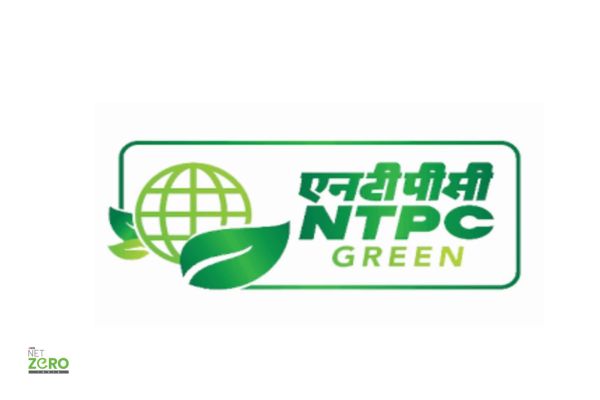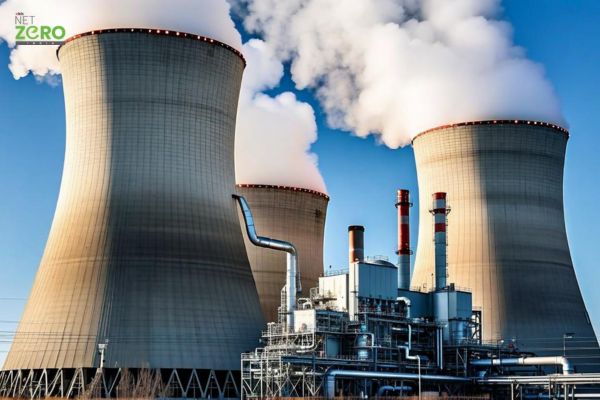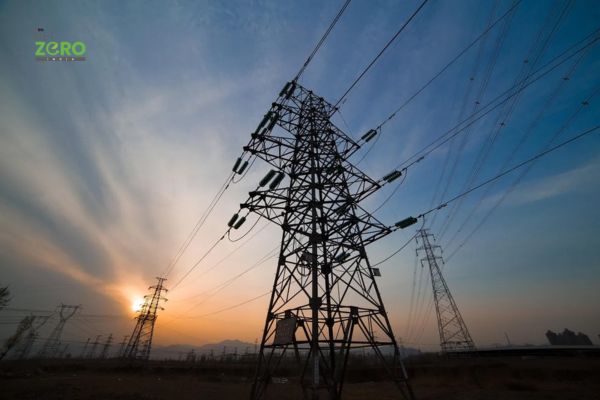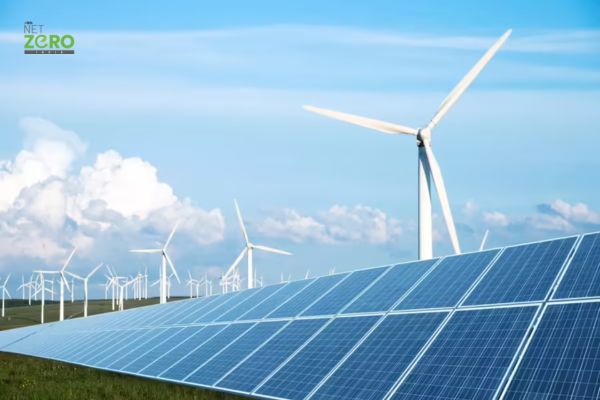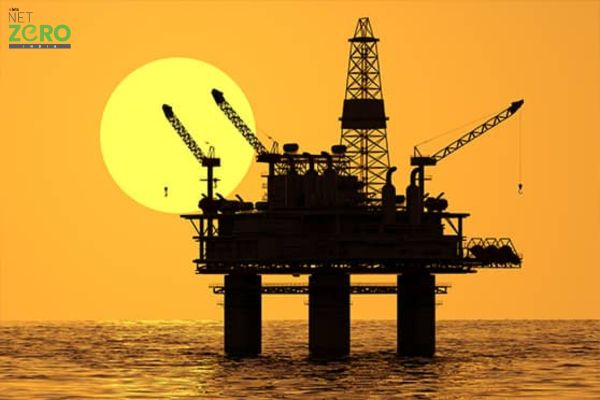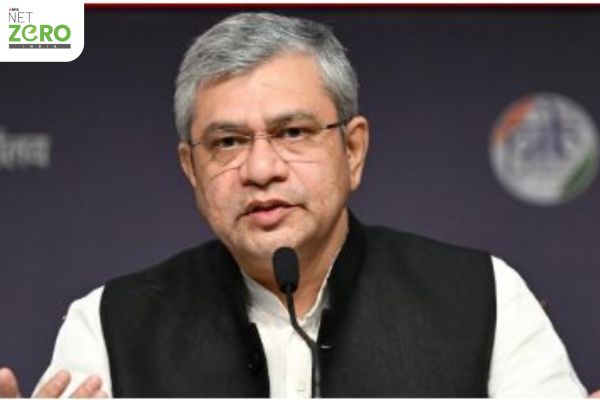
Russia is moving to ramp up its liquefied natural gas (LNG) and coal exports to India as it pivots its energy trade eastward and India continues to diversify its fuel supply options. This shift reflects both Moscow’s strategic pivot towards Asia and New Delhi’s drive to secure affordable energy supplies amid global turbulence.
According to statements by Russian officials, India remains a “crucial partner” in Russia’s energy portfolio. Russian authorities referenced India explicitly when discussing their intention to expand LNG export volumes to Asian markets. Separately, Russia has flagged growing interest in supplying coal to India to meet the South Asian nation’s rising demand for thermal and metallurgical coal.
For India, which imports large volumes of coal and is expanding its gas-based power generation and LNG consumption, the prospect of enhanced Russian supply offers potential advantages. These include access to large reserve-rich sources, competitive pricing, and diversification away from traditional Middle East or Australian contracts.
Also Read: India Lands First Global Order to Build LNG-Powered Container Ships
At the same time, the arrangement remains subject to regulatory, logistical and sanctions risks, particularly given Russia’s existing sanctions burden and transport-cost challenges. Analysts note that while Indian imports of some Russian thermal-coal grades have recently declined, Russian coal and energy exports remain structurally focused on Asia.
From Moscow’s perspective, Asia, especially India and China, has become the focal point for reorienting its energy exports after the sharp decline in European demand and sanctions pressure. A working paper on Russia’s energy trade indicates that Asian markets now account for the majority of Russia’s crude and fuel exports, with LNG and coal volumes still growing, albeit from a smaller base.
The bilateral energy engagement holds broader strategic implications. For India, deepening ties with Russia on LNG and coal can bolster energy security, give leverage in global fuel markets and support the transition toward domestic gas usage. For Russia, it means developing new long-term buyers and reducing reliance on Western markets. The growing interdependence comes amid a period of widening geopolitical realignments and supply-chain stress in the global energy system.
Be a part of Elets Collaborative Initiatives. Join Us for Upcoming Events and explore business opportunities. Like us on Facebook , connect with us on LinkedIn and follow us on Twitter, Instagram.
"Exciting news! Elets technomedia is now on WhatsApp Channels Subscribe today by clicking the link and stay updated with the latest insights!" Click here!




